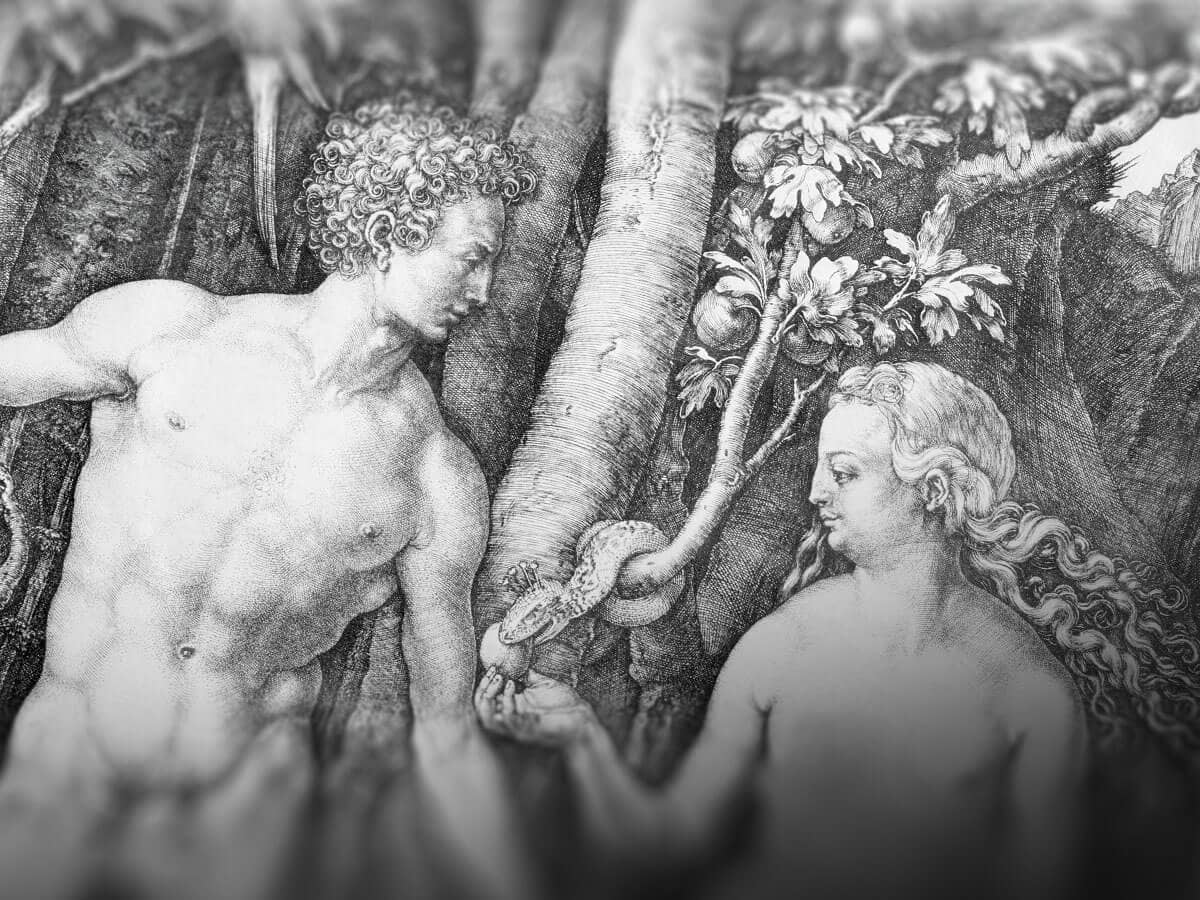It may sound odd to some that I will be celebrating the Jewish High Holidays with two Catholic heroes, even more so given that both are deceased, but each has inspired me and guided my spiritual growth and that is why I will have their teachings open alongside the traditional holiday liturgy which I will recite in my synagogue. And nothing could be more in the spirit of the holidays.
The Jewish New Year is actually a celebration of the birth of all humanity. To be sure, it marks the first day of the first month in the Jewish calendar, but that was not always the case. It took roughly 1,500 years for the Jewish people to decide that our particular religious identity could never be truly great unless it was situated fully within the larger human experience. Thus, the holiday was moved from the time marked by the Jews’ exodus out of Egypt (the month of Nissan), to literally the head of the year (the first of Tishrei). We honor the sacredness of all humanity with our uniquely Jewish celebration of it.
This central lesson had perhaps no better teacher than Cardinal Jean Marie Lustiger. He was born as Aaron before WWII to two Polish Jewish immigrants in Paris. Saved from the Nazis by a Catholic family in Orleans, who did what I can only hope I would do, they endangered both themselves and their own family to save this innocent little boy. Later, Aaron converted to Catholicism, its truth and beauty having been demonstrated to him by that brave couple.
But because he always knew that spiritual truth was as infinitely large as the God who created it--that he could be right, without assuming that those with differing views had to be wrong, Cardinal Lustiger declared until his dying day that while he was a proud and faithful Catholic, he also remained a Jew. He understood that his spiritual story as a Catholic did not require denying the enduring reality of its initial Jewish chapters.
At a moment when more people are killing each other in the name of religion than any time since the Crusades, that seems like a pretty important message with which to begin the new year. Cardinal Lustiger’s commitment to all that was Catholic left room for his Jewishness in much the way I struggle to assure that my commitment to all that is Jewish honors the holiness, goodness, and truth of that which is not. The former Bishop of Paris lived the lesson of the High Holidays, and that is why I hope to have him with me as I celebrate the birth of humanity and prepare myself for a new year committed to its well being.
Similarly, I hope to have the spirit of Mother Teresa with me as I sit in the synagogue on the upcoming holidays. The recent revelation of her questioning whether God was always there, was “always God,” are also part of a sacred tradition which expresses itself on Rosh Hashanah. And far from being a barrier to belief or even worse, the expression of its opposite, such questions and doubts are fundamental to the enduring relationship known as faith. It is in the asking of such questions and in the willingness to confront the full range of responses to them that we strengthen all of our relationships, including and perhaps especially our relationship with God.
Mother Teresa’s questions stand in direct line with those asked by the Biblical Abraham whose story we read over the course of these holiest days in the Jewish calendar. It was Abraham, known to the faithful as the first monotheist, who is the Scripture’s first atheist! It is Abraham who is ready to declare in Genesis 18, that God would “not be God” if prepared to destroy the righteous residents of Sodom along with those who sinned. It is Abraham who shows us that to challenge God, to be prepared even to deny God, is the height of a relationship which evokes the best from each of the partners.
Mother Teresa is a shining example of faith without fanaticism, of belief that admits ambiguity, of living in light of powerful spiritual answers without denying the questions that are a part of any life lived with integrity and intelligence.
This holiday season, I pray that Mother Teresa’s spirit of sacred doubt, and her holy questions about the pain that exists in the world, will be with me. I pray that having stood in the clinics which bear her name across Ethiopia, I will be filled with the strength to turn my questions into the fuel I need to continue in her footsteps, as well as those of Cardinal Lustiger’s. I pray to make the world a better place for all people, because it is the mandate of my particular tradition to do so.
2016-06-30
2016-06-30
Beliefnet Editor
more from beliefnet and our partners

